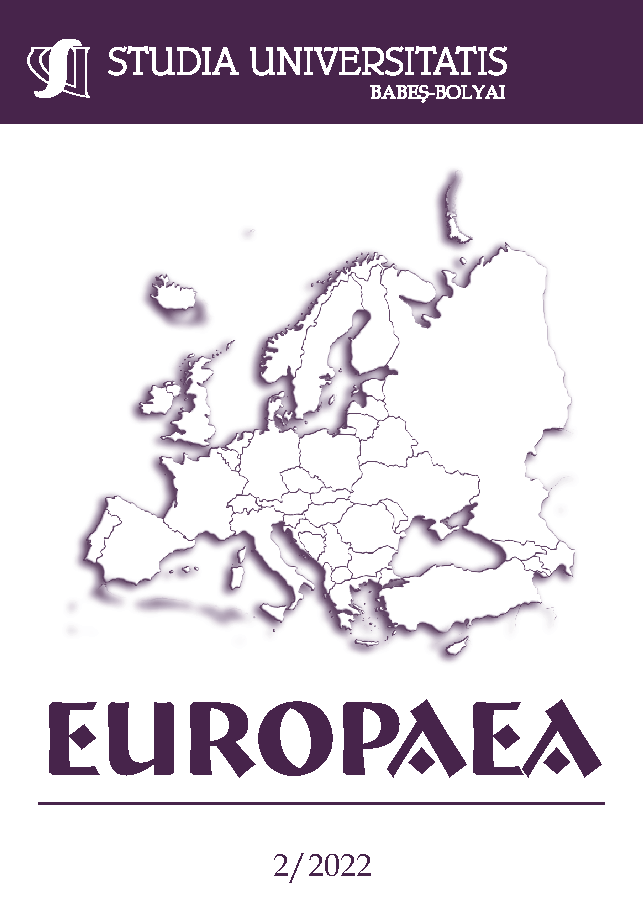THE IRANIAN MASSES AS A SOURCE OF SOCIAL CHANGE: THE REIGN OF MOHAMMAD MOSADDEGH
DOI:
https://doi.org/10.24193/subbeuropaea.2022.2.09Keywords:
masses, Elias Canetti, Mohammad Mosaddeq, protests, neighbors, Ahmad MahmoudAbstract
The crowd has played and continues to play a very important role in Iranian politics at critical moments . This article looks at its role in the mid 20th century, especially during the times of rule of Reza Shah (1925-1941) and Mohammad Mosaddegh (1951-1953). The article reviews European thought about the masses, with special emphasis on the ideas of Bulgaria-born Nobel Laureate in Literature Elias Canetti. Canetti believed that the crowd was not always irrational, evil forces, but sometimes played a positive historical role: when it demanded and enacted social change. It is exactly what happened during the times of Mosaddegh. A look at these times is made through excerpts from the Iranian novel Neighbors by Ahmad Mahmoud, through a look at the press of that time and Ervand Abrahamian’s historical writing.
References
Abahamian, Ervand (1969), “The Crowd in the Persian revolution”, Iranian Studies, 2(4), 128-150.
Abrahamian, Ervand (1982), Iran Between Two Revolutions, Princeton: Princeton University Press.
Canetti, Elias (2018), Crowds and Power, Pleven: Lege Artis. (Елиас Канети (2018), Маси и власт, Плевен: Леге Артис)
Canetti, Elias (1978), Crowds and power, New York: Seabury Press.
Cronin, Stefanie (2005), ”Popular Protest, Disorder, and Riot in Iran: The Tehran Crowd and the Rise of Riza Khan, 1921–1925”, International Review of Social History, 50(2), 167-201.
Emami, J. (1951), Parliamentary Proceedings, 16th Majles.
Fateh, Mostafa (1956), Panjah Saleh-i Naft-i lran (Fifty Years of Iranian Oil), Tehran: Chehr Press.
Freud, Sigmund (2004), Mass Psychology and Other Writings, London: Penguin.
Ibrahim, Syed (2016), Portrayal of the Crowds in the Works of Elias Canetti, Sankt Ingbert: Röhrig Universitätsverlag
Le Bon, Gustave (2009), Psychology of Crowds, London: Sparkling Books.
Mahmoud, Ahmad (2013), Neighbours, Austin: University of Texas Press.
McDougall, W. (1920), The Group Mind: A Sketch of the Principles of Collective Psychology with Some Attempt to Apply Them to the Interpretation of National Life and Character, London: Putman.
Mișcoiu, Sergiu (2010), Naissance de la nation en Europe. Théories classiques et théorisations constructivistes, Paris: L’Harmattan.
Downloads
Published
How to Cite
Issue
Section
License
Copyright (c) 2022 Studia Universitatis Babeș-Bolyai Europaea

This work is licensed under a Creative Commons Attribution-NonCommercial-NoDerivatives 4.0 International License.



